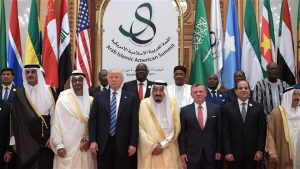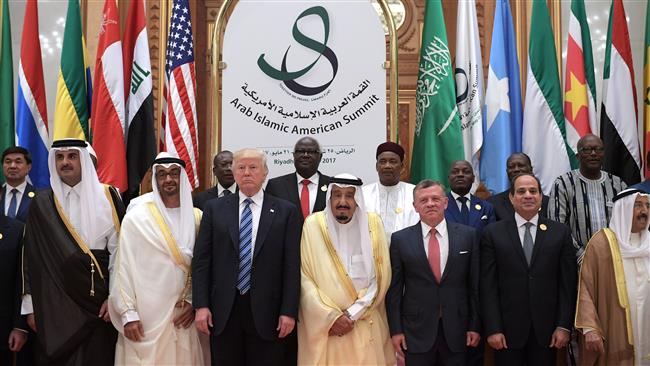 Saudi Arabia, Bahrain, Egypt and the United Arab Emirates have published a joint list identifying 59 individuals and 12 entities that are said to be linked to terrorism and funded by Qatar.
Saudi Arabia, Bahrain, Egypt and the United Arab Emirates have published a joint list identifying 59 individuals and 12 entities that are said to be linked to terrorism and funded by Qatar.
UAE’s Minster of State Sultan al-Jaber in a stiff message to Doha warned that “the bottom line is that today the Qatari government has a decision to make” by either deciding to “finally turn away from the destructive policies it has adopted and demonstrate true unity and solidarity with the GCC”.
The Gulf Cooperation Council musters Bahrain, Kuwait, Qatar, Oman, Saudi Arabia, and the UAE. Kuwait and Oman have taken a neutral stance in this unprecedented regional rift.
Qatar said the published terror list which it referred to as “’a terror finance watch list’ once again reinforces baseless allegations that hold no foundation in fact.”
Doha added that its “position on countering terrorism is stronger than many of the signatories of the joint statement- a fact that has been conveniently ignored by the authors” of the list.
Among those targeted in the list are Qatari, Egyptian, Kuwaiti, Bahraini and Libyan nationals, charity organizations based in Qatar as well as militant groups in Libya and Bahrain.
Doha strongly denies the accusations against it as mere allegations. Its foreign minister Sheikh Mohammed bin Abdulrahman Al-Thani had stressed earlier on Thursday that Doha will not bow down to the pressure. “If anyone thinks they are going to impose anything on my internal affairs or my internal issues, this is not going to happen,” he said.
With the two parties vowing to remain steadfast in their positions, the rift between Qatar and its neighboring countries could affect the geopolitics of the region because apart from its alleged support to terrorism, Doha’s increasing relations with Tehran has been of concern to the other Gulf States.
